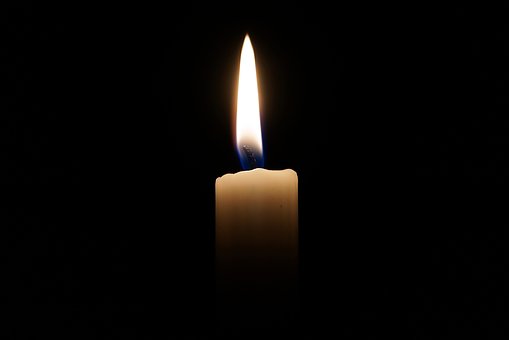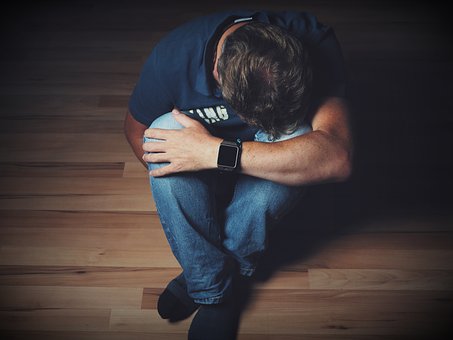When we talk about grief, the focus is, more often than not, on the death and funeral of a loved one. After all, it includes the pain of losing someone very close to you. But in reality, a death anniversary is as heart-breaking as the day you lost a person you love. Regardless of how many years pass after their death, the date on which a person died can be painful because it can bring back the feeling of loss and grief again.
“Understandably, grief is complicated and we sometimes wonder if the pain will ever end. We go through a variety of emotional experiences such as anger, confusion, and sadness.” –Jodi Clarke, MA, LPC/MHSP

Source: pixabay.com
Stages Of Grief
- Denial. The first reaction is to deny the reality of the situation. Denial is a common defense mechanism which results from the shock of the loss. We tend to block out the fact and other people.
- Anger. Once the reality sinks in, anger might start to set in. It’s when people start to have questions like, “Why me?” “How could this happen?” or “Why is life unfair?” You might turn to blame your grief on others.
- Bargaining. Bargaining is the part where you might make yourself believe that you can avoid the grief through a type of negotiation. You want your life back to how it was before.
- Depression. It represents the emptiness we feel when the person is gone or the situation is over. You might withdraw from life, feel nothing, and not want to get out of bed. Everything might be just too overwhelming for you.
- Acceptance. When we come to reach the stage of acceptance, it doesn’t mean we no longer feel the heartache. It only means we are no longer in denial of the reality of our situation and we’re not resisting to make it something different.
How To Deal With An Anniversary Grief

Source: pixabay.com
- Take your time when mourning or grieving over a loss and permit yourself to feel different kinds of emotions. Never hold back if you feel like bawling your eyes out and accept the fact that it is valid, regardless of how long ago it happened. “Everyone grieves differently; there is no right or wrong way and there is no schedule,” says Ashley Curiel, PsyD.
- Draw your relatives and friends closer to you. It may include the people who were close and special to your loved one. In times of pain, you will need a healthy support system.
- Plan a diversion. Whenever you remember your loved one’s death, you can plan or schedule a gathering, a date, or an adventure with your closest friends or relatives.
- Start a new tradition. You can donate to a charitable organization in honor of your loved one’s name. Other ideas can be a tree-planting event, fundraising, or charity run/walk.
- Turn to your faith. If you have a particular religious affiliation, this is the time to seek your heart’s peace and solace through spiritual activities.
- Reminisce the beautiful memories you shared with your loved one. Those beautiful moments with them will last with you forever. Hold on to those and remember the life he or she had instead of thinking over his or her last days.
- Be gentle with yourself. Allow yourself to be happy too. Slowly learn to move on, and free yourself from the pain which you will eventually figure out.

Source: pixabay.com
“The experience of losing someone we love is a process most everyone endures in a lifetime,” explains Annie Vaughn, MA, LMHC. There is no “correct” way to grieve. Each of us is unique, and not everyone has the same range of emotions. We do things differently to overcome this kind of heartbreak. However, grieving over the death of a loved one is necessary for us to move on. It is a natural human process, after all.


